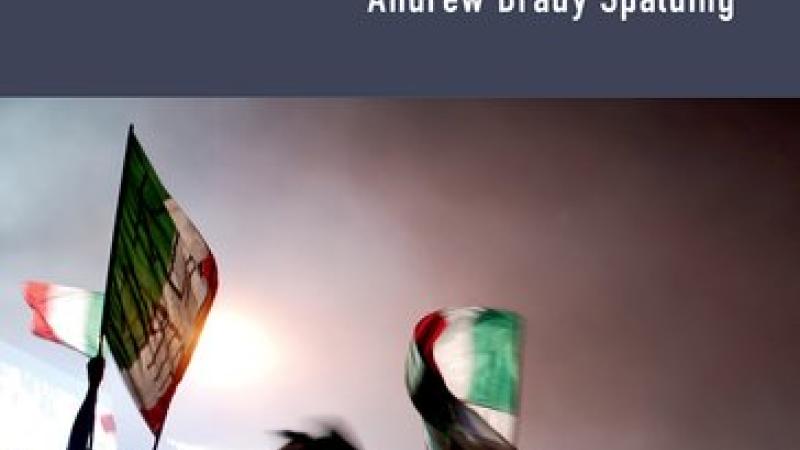
Though the Qatar 2022 FIFA Men's World Cup is for many a symbol of long-standing corruption and human rights problems, the event may actually represent something entirely new. Megasports are now demonstrating a capacity to leave what this book calls a human rights and anti-corruption legacy: norms, practices, policies, or laws that have application beyond sport, are likely to endure after the event, and the implementation of which is accelerated by hosting the event. In the 2010s, Brazil's hosting of the FIFA Men's World Cup and Summer Olympics, and then South Korea's hosting of the Winter Olympics, left what this book calls reactive, accidental, and one-dimensional anti-corruption legacies.